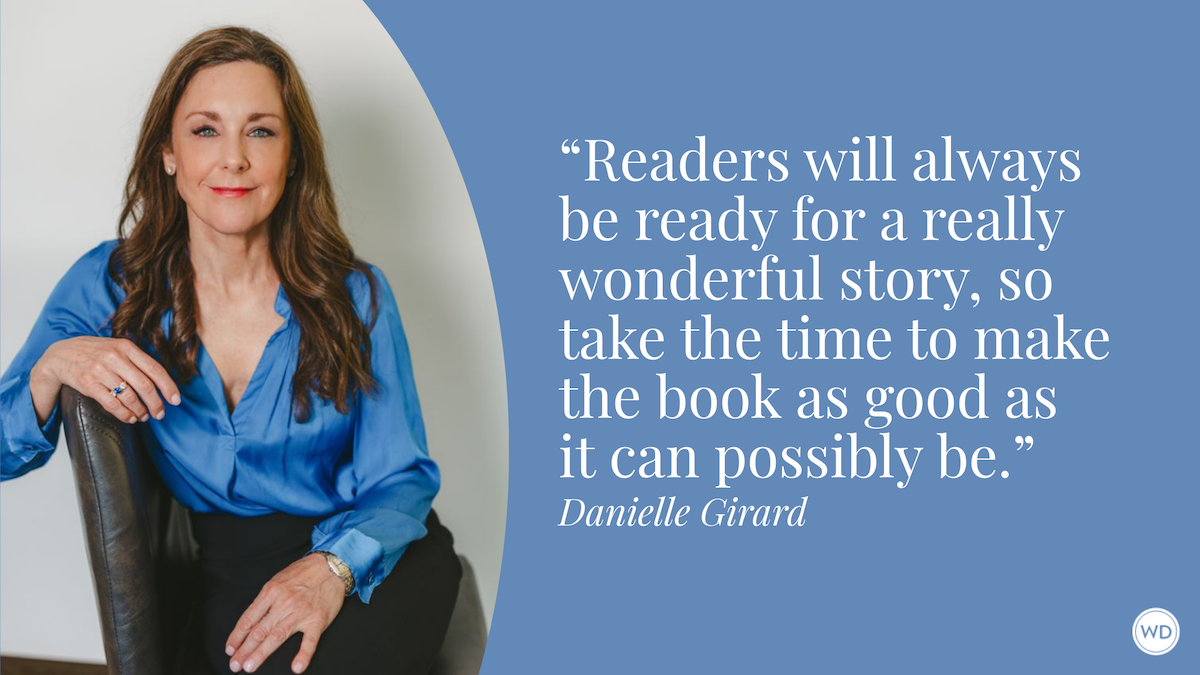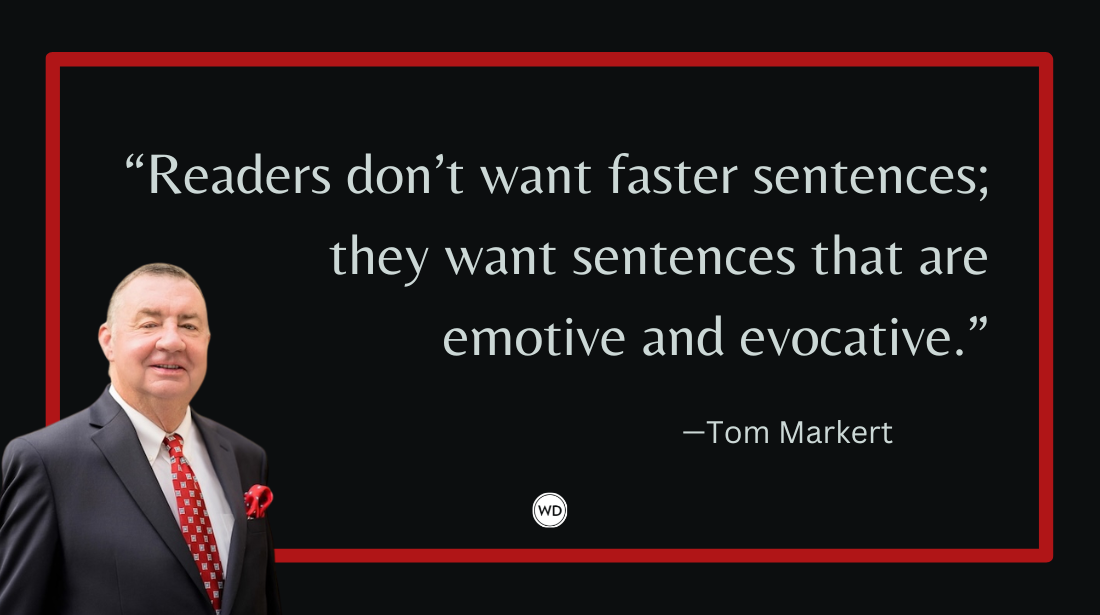The Ethics of Literary Revivification
When writing about real people in historical fiction, what might the consequences be of taking certain artistic liberties? Author Robert Lloyd discusses the ethics of literary revivification.
I’ve written a book, and very luckily for me, it’s about to be published. The Bloodless Boy is set in Restoration London in a snowy January 1678. It includes various “real” characters. People from history. People who had emotions, intellects, needs, desires, and who acted in the world, leaving consequences behind them. Yet I’ve taken the liberty to place them within a fictional story, with events occurring that didn’t happen. I also have historical figures interacting with characters who are wholly made-up.
Historical fiction, it’s generally called, and there are plenty of examples about. As such, the book sits somewhere on the spectrum between “history” and “fiction”—as if either can ever be free of the other.
One of the themes of The Bloodless Boy is revivification, and I like to think of this curious process of using real people in a made-up tale as fictional revivification. (It sounds grander.) Trouble is that the ethics of doing so are hard to define. They’re messy. And if I had found a guide on what’s acceptable and what’s not, I suspect that, when it suited me, I would have quietly closed it. Nevertheless, as a purveyor of historical fiction I realize I have certain responsibilities, especially to the real people I portray. Moral considerations arise, even though they died over 300 years ago.
There are difficult decisions to be made. And having made them, I’m left with mixed feelings.
As I wrote the book, my own sense of squeamishness often kicked in. Sometimes, I let it guide me. Often, though, I put it aside, as my “real” characters played their parts in my tale of blood-drained boys being found about London, two members of the Royal Society, Robert Hooke and Harry Hunt, being engaged by a Justice of Peace to investigate their deaths, then becoming embroiled in the “Popish Plot.” I’m such a fan of Hooke, who was a genius across so many disciplines, it would have been easy to write a hagiography—with plenty of barbs at those who did him down—but that would have been a duller book. I had to include the meaner, nastier side of him, and reveal his weaknesses.
Writers often invoke something called “artistic license,” as if that’s a get out of jail free card. Often, artistic license is merely hard-headed pragmatism. History is one damned thing after another, after all, and needs severe editing to give an entertaining rather than exhausting read. Events I wanted to include—some from Hooke’s diary, some from political events around the time—happened as far as two years apart. I compressed them in time, bundling them together into one snowy January. This, I hope, makes them smoother and more easily comprehensible. (It also adds a bit of atmosphere. Artistic license, you see.)
IndieBound | Bookshop | Amazon
[WD uses affiliate links.]
History also has far too many characters, who connive to make it confusing. In my early drafts of The Bloodless Boy, the number of villains was up there with the number of weasels in The Wind in the Willows because so many people provided false evidence to buttress the “Popish Plot.” I had to simplify, and as if by magic they disappeared. Characters in a novel need to be differentiated from each other, too, so I exaggerated their differences, whether of personality or appearance. I had by now relinquished notions such as “truth” or “accuracy.” (You know, historians do all this, too.)
The realization I found was liberating. I was free, at least to an extent, from what happened. Before, I’d tried to accommodate far too much of my research: far too much of who was where and when and with whom. Instead, I sought plausibility.
Recently, I had a “lively discussion” with someone who criticized my fictionalizing the suicide of Henry Oldenburg, who was the Royal Society’s Secretary. (It’s near the start of the story, so it’s not too much of a spoiler to tell you.) As far as we know, Oldenburg died of “an ague”–as, in my defense, I state in my author’s note at the end of the book. But is it plausible that he killed himself?
Well, to my mind, it’s interesting to at least posit the idea. Let’s put aside our queasiness and think through the consequences. Back then, suicide was a crime. It would have brought shame on the Oldenburg name. His wife may have—I reckon—considered keeping it quiet if she could, because his estate would have gone to the Crown rather than to her or to the rest of his family. She may have asked Robert Hooke to help her conceal it. Wanting to keep the Royal Society’s name unsullied by suicide, perhaps Robert Hooke would have helped her disguise it, to make it look as if Oldenburg died of an ague.
Hooke’s diary states that his assistant, or “operator,” Harry Hunt, was engaged to catalogue Oldenburg’s correspondence after his death. Perhaps Harry found something in there that was so sickening, so inflammatory, that it was kept secret from history—perhaps it was even the reason for Oldenburg’s suicide.
It’s dangerous to ask this sort of question, which comes from the fictional end of the spectrum rather than the historical: What if? I see, and accept, that my willingness to create fictional scenarios such as these will leave some people behind. Worry them. Even offend them. Perhaps that’s only because I haven’t made the characters plausible enough, although I like to think that, buttressed by lots of historically accurate detail, I can make them seem so. Perhaps if I’d introduced a dragon early on or time travel, the rules of the game would be different. People, such as my critic, would more readily accept the fantastical (i.e. fictional) elements of my story.
In fact, thinking more about the book, I’m guilty of horrendous distortions. (Too late now, Rob, the hard covers are printed.) I’ve made Hooke’s air-pump slightly bigger than it was, so it can accommodate a small boy’s body. I’ve imagined a brightly colored interior of Hooke’s rooms at Gresham College, whereas we only have a list of his belongings when he died. The cedar trees in the Chelsea Physic Garden didn’t arrive there until 1693. Nevertheless, I’ve allowed myself these moments of fancy and anachronism if it adds texture to the tale.
And I find myself strangely unapologetic. For which, of course, I apologize.
Robert Lloyd, the son of parents who worked in the British Foreign Office, grew up in South London, Innsbruck, and Kinshasa. He studied for a Fine Art degree, starting as a landscape painter, but it was while studying for his MA degree in The History of Ideas that he first read Robert Hooke's diary, detailing the life and experiments of this extraordinary man. After a 20-year career as a secondary school teacher, he has now returned to painting and writing. He is the author of The Bloodless Boy, which was selected by Publishers Weekly as a Mystery Book of the Year and The New York Times as a Best New Historical Novel of 2021.









